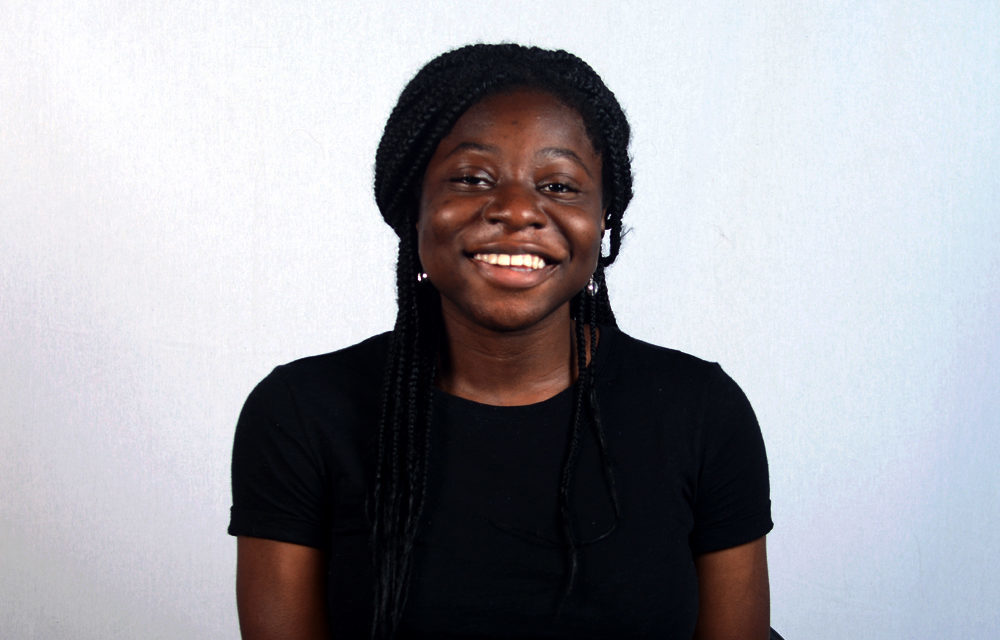Oluwajoba Ogun | Staff Writer
When high school seniors receive letters from colleges of their choice, accepting them into the upcoming fall semester, immediate amounts of exhilaration are typically felt. Most are excited for the new adventure, some are relieved that they actually received acceptance letters, but others are nervous, knowing that they are entering a strange world — a place where it’s hard to find others that look like you, or that puts you in a corner because you’re a minority — where they will be forced to answer important but intimidating questions like, ‘ what do you plan on becoming? Future goals? Dream career?’
And the most grueling: Who are you going to set yourself to become?
The popular Netflix show, Dear White People, follows a group of African-American students that attend a Predominantly White Institute, named Winchester University. The show is centered on the identity issues that Black people face on campus — a campus that so proudly diminishes their culture, and intentionally mimics it. Many episodes shine a light on pressures from family members to continue the legacy, losing oneself to fit in with the majority, the importance of support groups, black organization and bringing awareness to the problems that are currently faced on PWIs.
In many African-American homes, parents instill in their children the importance of hard- work, especially when it comes to education. Some people live by the words, “You gotta do whatever is necessary to succeed,” because of the shared upbringing of sacrificing everything so your children don’t have to suffer. Some parents stress the value of legacy — the feeling of when their child follows in their footsteps is one of great substance. Though others can push one overboard to the point where they are left in a space of uncertainty.
Since PWIs have a low population of Blacks, Black students are pushed to a crowd where they are forced to maneuver their way into an unusual world. Losing oneself in school is already an easy allure — the parties, the drinks, the procrastination, the outfits — but then adding on the idea of doing it to blend in with crowd — the so called, doing it to make yourself “cool” or “seen” — a person starts to realize the loss of identity and searches to gain sense of self.
This stems from low self-esteem, people not having the confidence to step away from the norm because of feeling wanted and appreciated is much more satisfying, especially in a place of unfamiliarity.
In a school that sets high expectations and has rigorous courses, a student can become easily overwhelmed, primarily if that student is a minority. According to Austin Astin’s theory of student involvement, the more students are involved in university, like student organizations, the more likely they are to enjoy college and ultimately graduate. Though there are a lot of Black organizations that are now rooted in PWIs, they aren’t being promoted like any other white organization on campus.
Some may argue that progress has been made, that African-American have made their ground on the campuses of predominantly white institutions, and that we’ve come a long way for integration. Yes that is true, but the issue is not one of inclusion but of support. Is the Black culture fully embraced?
As we start to immerse ourselves into the school year at NC State, it is important to learn new things, meet new people and experience new cultures, but let’s not forget about our own. Join and uplift the many black organizations on campus — crucial places designed to help students find their place, especially the new wolfpack.



